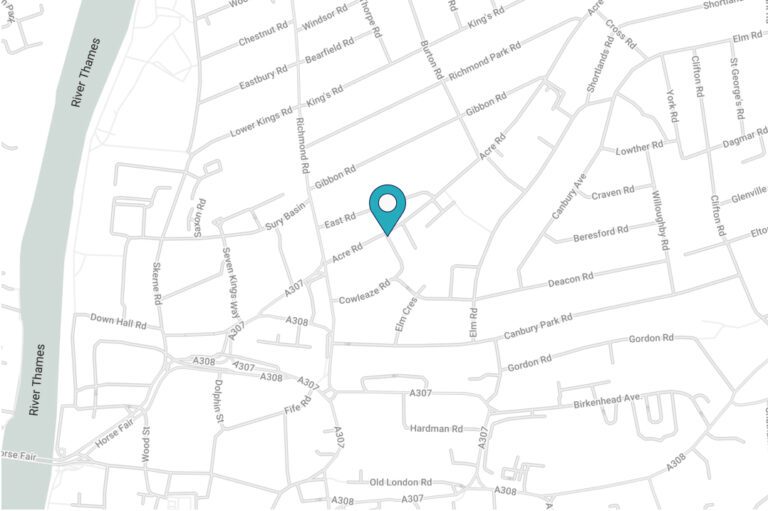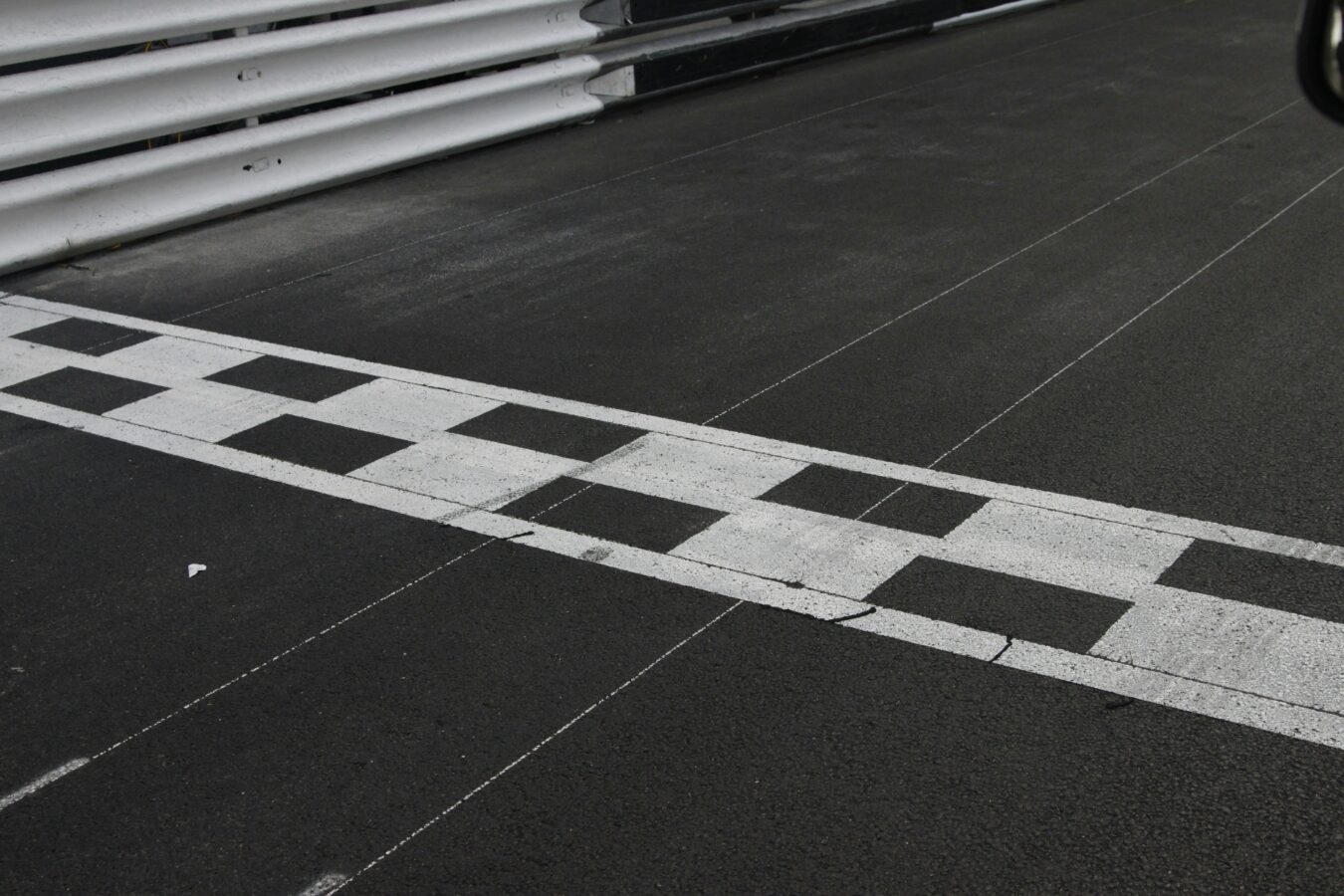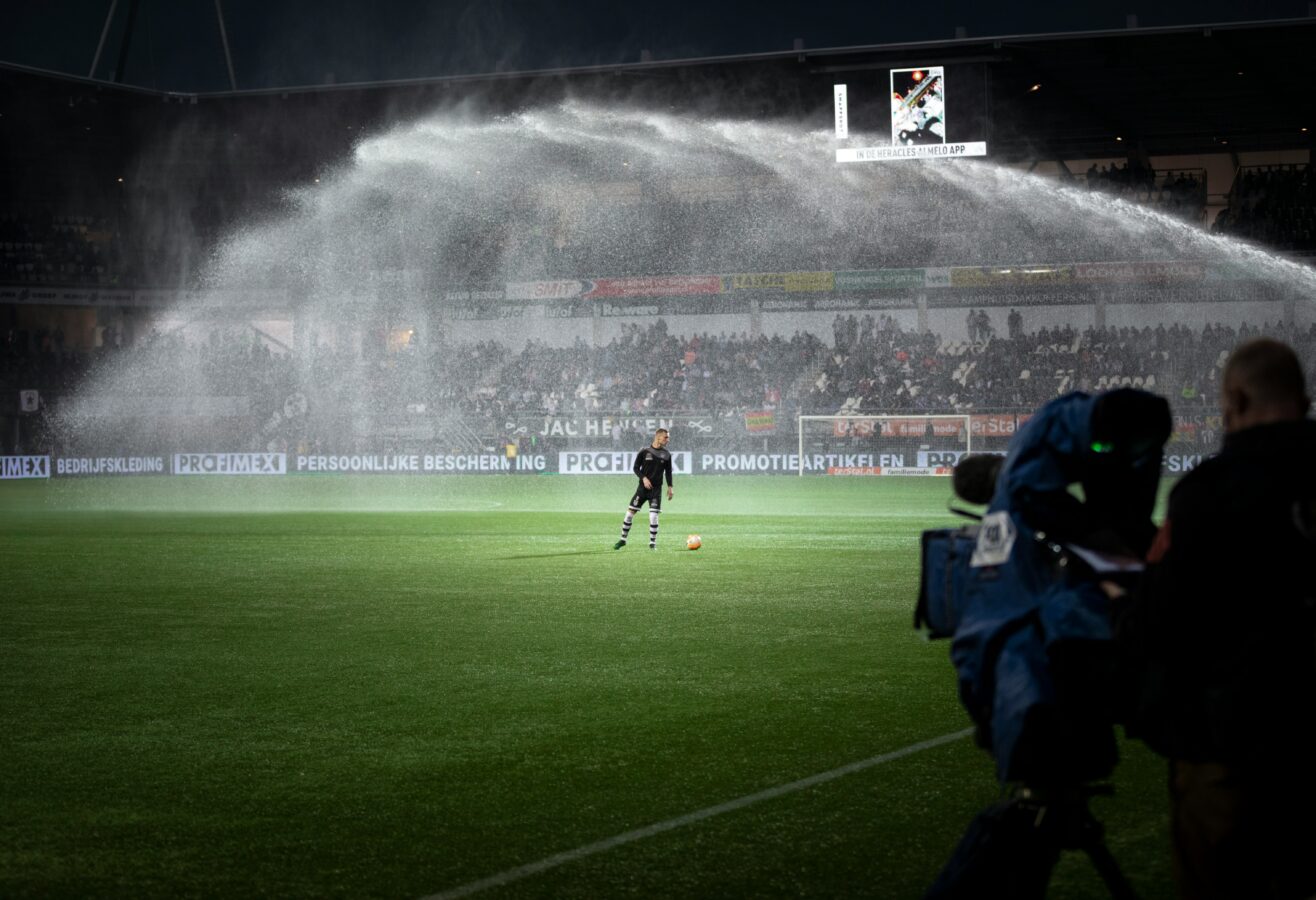 It’s likely you’ve been living under a rock this week if you’ve not heard about the announcement of the W Series to both backlash and backing from those in and out of the industry.
It’s likely you’ve been living under a rock this week if you’ve not heard about the announcement of the W Series to both backlash and backing from those in and out of the industry.
What’s the fuss about?
Wednesday’s announcement stated that the female-only racing championship had the aim of getting female drivers into a full time seat in Formula 1. It will provide identical cars for 18-20 drivers in the first season (following the DTM series around Europe in 2019) and is backed by various well-known faces in global motorsport, including F1. To get a seat in the championship, every driver will have to pass a ‘rigorous’ programme involving track and simulator driving and fitness trials. After passing the programme, each driver would then be given training on technique, fitness and media skills, amongst others.
It will be free for drivers in the series to enter, the winner will win US$500,000, and prize money will be given to all those down to 18th place in the final championship standings.
For those who can’t remember, there’s been a female-only one-make race series before – Formula Woman, back in 2004. The UK series launched with backing from Mazda and all 16 novice drivers raced in RX-8s. Katherine Legge, British IndyCar and Formula E racer and a driver coach for the series, walked out quickly after the championship started and Mazda withdrew its support after the first season with the cars switching to Caterham 7s up until it disappeared quietly after the 2006 championship ended.
Who’s backing it?
The training given to drivers will come from David Coulthard (14 years’ F1 driving experience), Adrian Newey (30 years’ F1 technical experience), Dave Ryan (40 years’ F1 team management experience) and Matt Bishop (25 years’ F1 media and communications experience). Some big names to have as coaches. Others who have shown their support on social media include former F1 drivers Damon Hill and Felipe Massa.
The number of female drivers behind the initiative seems to be considerably less. Jamie Chadwick, the first ever female winner of a British F3 race, is supporting the series:
Many divided opinions, but personally I feel that any additional opportunity to race is positive
As long as I can continue to live my dream and fulfil my ambition to race at the highest level of motorsport, then I’m happy! ? https://t.co/M5ceEGKe7G
— Jamie Chadwick (@JamieChadwick55) October 10, 2018
Alice Powell, the first female to race in Formula Renault and GP3 echoed similar thoughts:
Fully funded, same cars. A great opportunity for female drivers to try and make a step on the ladder and a leap into the sport. No worries about funding and getting the chance to compete in a sport that we love. #WSeries #RethinkRacing @WSeriesRacing https://t.co/aEVlAtr5Cv
— Alice Powell (@alicepowell) October 10, 2018
And who’s not?
The biggest voice opposing W Series is British IndyCar racer and IndyLights winner, Pippa Mann. Likening it to the Handmaid’s Tale, she is calling on all those in the industry to #SayNoToSegregation. She says that the series serves to only further segregate motorsport and what’s really needed is more funding for females into normal race series.
Another successful British racing driver, recently winning in the Blancpain Endurance Championship, Abbie Eaton, agrees:
I’ve won and been on the podium in every series I’ve raced in. So what’s stopping me reaching the very top?
Not my ability. It’s lack of Money.
Why waste money on a segregation? Invest in the already successful female racers that NEED the money. #MoneyMakingScheme #WSeries
— Abbie Eaton (@AbbieEaton44) October 10, 2018
What do we think?
I’m far more inclined to agree with the backlash, rather than the backers. Segregation is not the key to getting females in motorsport. It’s not gone undocumented that a huge key to success in motorsport is a massive amount of funding, and, females are on the whole far more underfunded than males. When motorsport’s concerned, US$500,000 really isn’t a lot – the entire prize fund of US$1,500,000 would probably be better spent creating an experienced development programme similar to the Red Bull Driver Development Programme as others have already suggested in order to train females to get their superlicence required to drive in F1. This would also help females who aren’t interested in F1 being their end game, but WRC, like Jade Paveley.
W Series says it’s helping females get to the top however it seems as though this will only serve to get females to the top of their own series, rather than acting as a filter for F1 like other non-gender specific championships do. Many drivers race against each other in many lower formulae before graduating to F1 at similar times – this means they’re used to racing against each other, their tactics and driving styles. Unless every driver from the W Series gets a seat in F1, this means that the females are in a much less fortunate position as soon as they get onto the grid.
The most encouraging thing to come out of the announcement is that it’s got people talking about females in motorsport in a positive way, whether they believe W Series is the way to go or not. Women have their place in motorsport and many have proven their worth in many championships around the world – they just need the backing in non-gender specific series to get them to the top.
Chloe
















